Today's market has a lot of great options for efficient, high-performance air conditioners. Are you still on the fence between American Standard and Carrier? Then you have come to the right place.
We've done in-depth research and comparisons between the two brands to help you decide which one is the perfect fit for your home. See what we've found out!
There is no definitive winner between Carrier and American Standard. Both brands offer a lot of high-quality machines that will suit every type of household.
If you're on a budget, American Standard might be the one for you. However, if you're looking for superb energy efficiency ratings, Carrier might suit your liking.
There are many variables you have to consider when choosing the right air conditioner. Continue reading as we compare the brands in specific areas to help you choose the right one for your home.
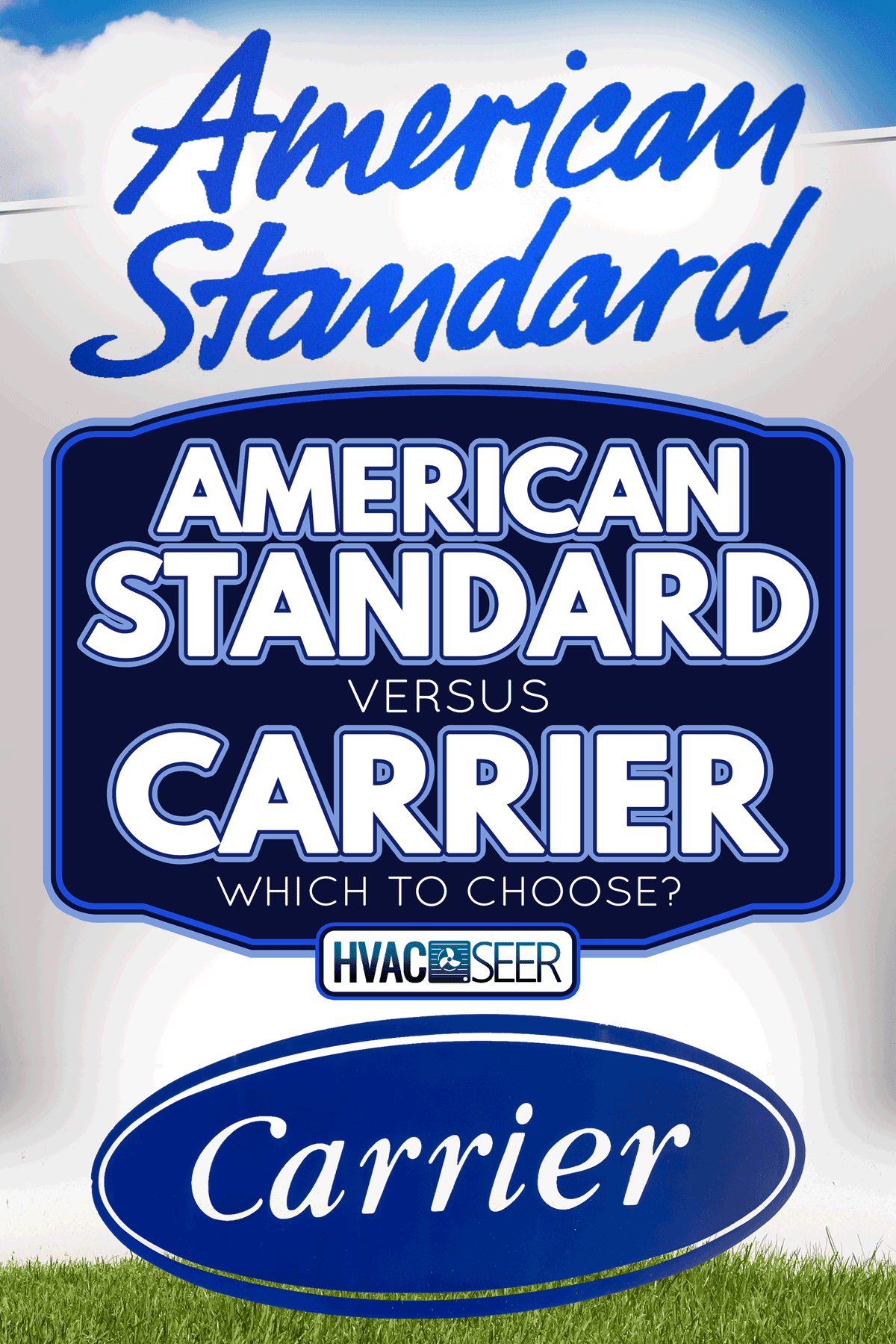
About The Two Companies
Carrier
Carrier has been known as the very first company that developed the modern air conditioning system. In 1902, Willis Carrier invented a machine that used chilled coils, fans, and ducts to provide and maintain constant humidity.
This was the very first air conditioning system, an invention that would change the way we live and work. Willis Carrier went on to start the Carrier Engineering Corporation in 1915.
Today, Carrier manufactures three series of product lines for their air conditioning system, the Infinity, Performance, and Comfort series. These are all high quality and energy-efficient systems, with the Infinity series being their top-of-the-line product.
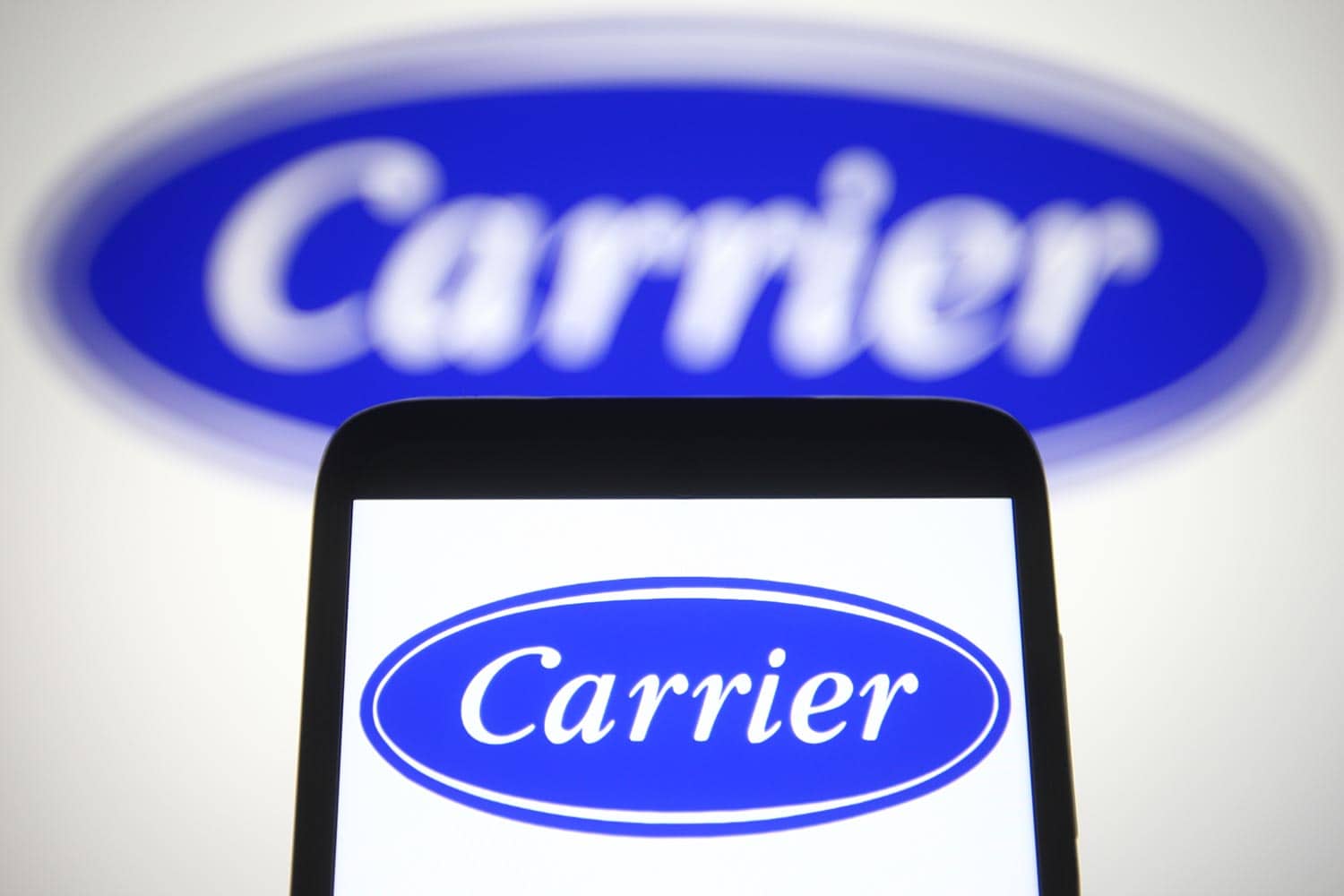
American Standard
The company was originally named the Standard Sanitary Manufacturing Company. Founded in 1875, they became the world's largest producer of bathroom fixtures.
In 1967, it became American Standard after merging with the American Radiator Company. And in 2008, it became known as American Standard Brands after another merger, this time to Crane Plumbing and Eljer.
American Standard has an excellent line of air conditioning products. Their Platinum, Gold, and Silver series of air conditioning systems all deliver efficient and reliable performance across the board.
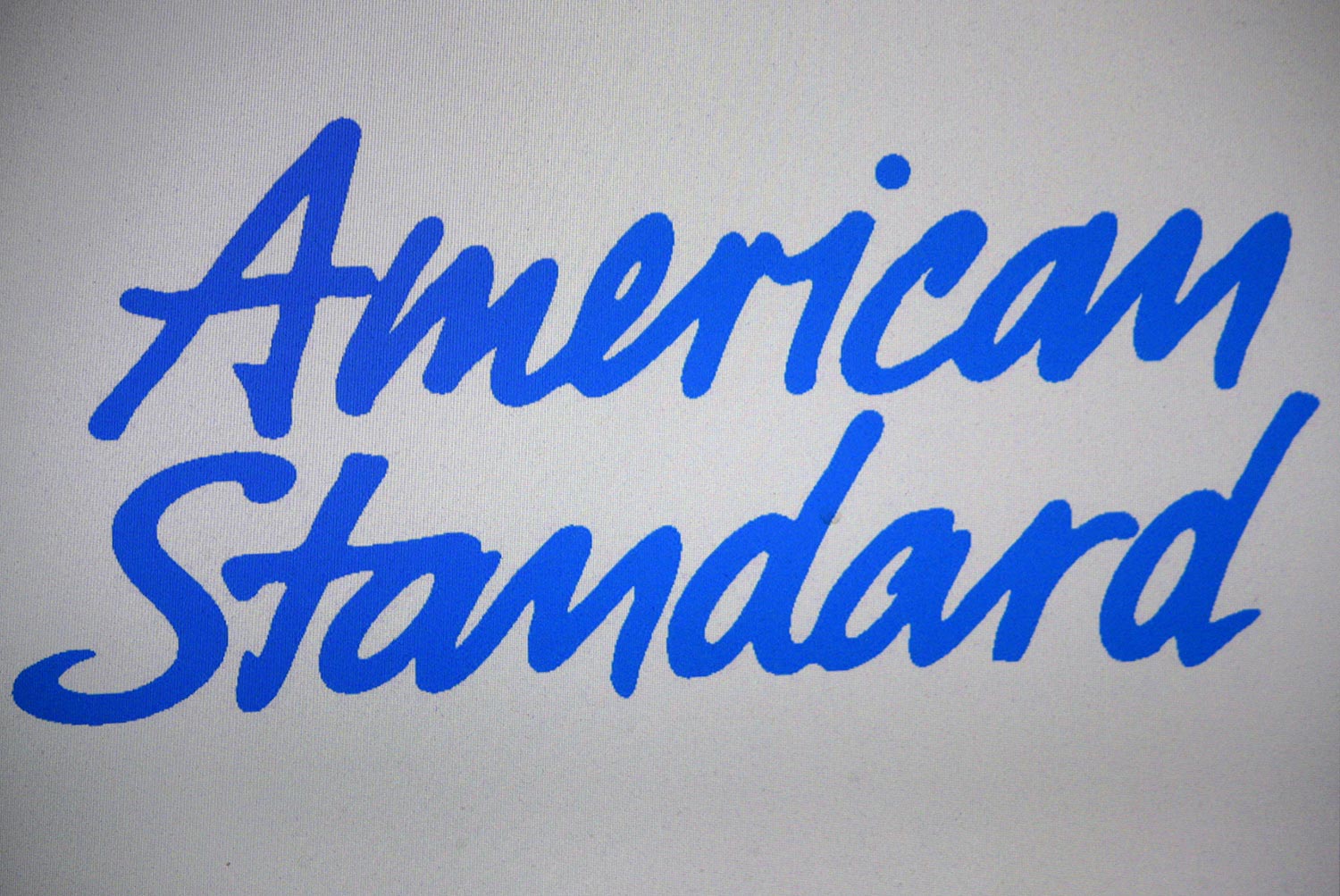
Face-to-Face Comparisons
These two American companies have been in the HVAC market for a long time. They both pioneered innovations and advancements in air conditioning technology that we often take for granted.
Let's see how these two companies' air conditioning products compare with each other. Take note that we will mostly be referencing products from the two brands that they consider their top-of-the-line air conditioning system.
Energy Efficiency
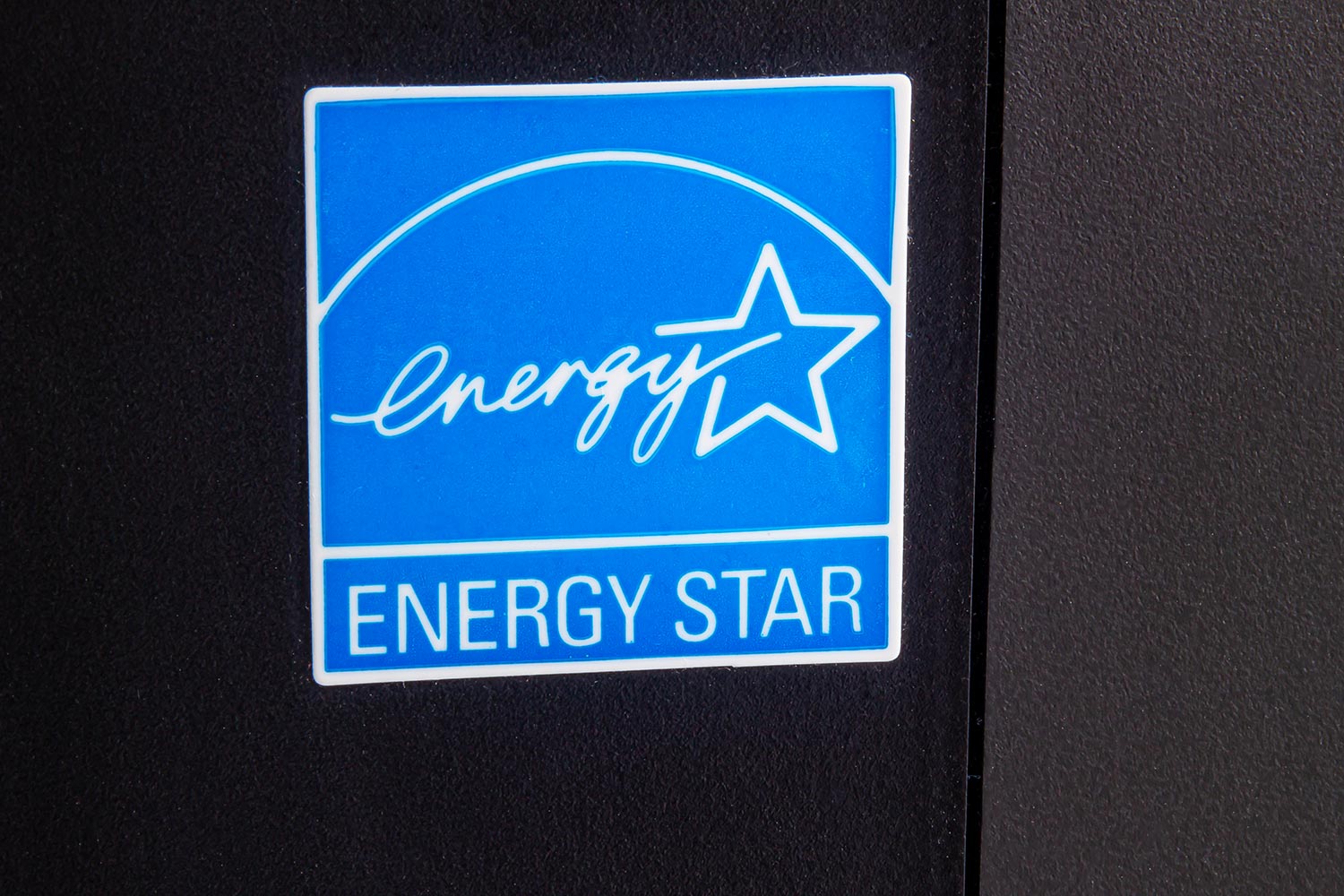
An air conditioning system's energy efficiency is often measured by its SEER ratings. SEER or Seasonal Energy Efficiency Ratio is the measurement of an A/C unit's efficiency for an entire season and at differing outside temperatures.
The most common SEER rating in today's market is at around 15, with 22 and up SEER ratings considered to be the most efficient systems.
In simple terms, the higher the SEER rating of an air conditioning unit, the better and more efficient the unit is. This will translate into savings on your monthly electricity bill.
Carrier's top-of-the-line air conditioning system, the Infinity® 26, boasts a SEER rating of 26. That is considered to be one of the highest SEER ratings across all brands of air conditioners. Out of all the air conditioning systems that Carrier produces, nine models are Energy Star certified.
American Standard's air conditioning system also delivers decent energy-efficient ratings. Their most advanced, the AccuComfort™ Platinum 20, air conditioning system has a SEER rating of 22. Still a pretty decent rating, but lower compared to that of Carrier's Infinity® 26.
Of the seven central air conditioning systems that American Standard manufactures, six are Energy Star certified.
Noise Levels
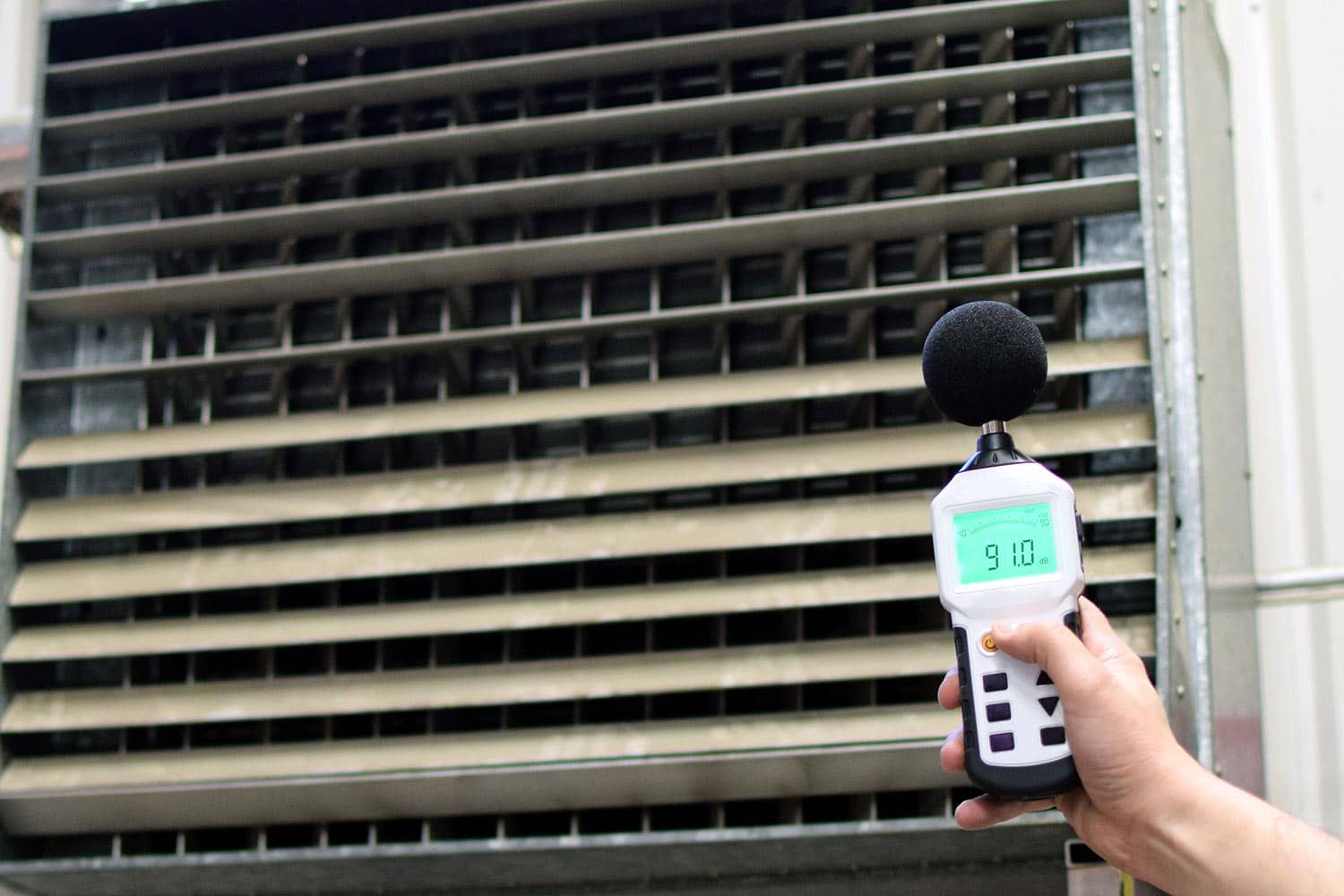
Noise can be a significant factor when choosing the right air conditioner for your home. You surely don't want an air conditioning unit that sounds like an airplane landing whenever you turn it on.
Not only does it cause discomfort, but it can also affect your health when you can't have a good sleep from that constant loud noise.
Air conditioning systems have always been known to be loud machines. Companies have been pushing the limits to minimize noise levels without compromising the cooling performance. In today's standards, air conditioners that can produce noise levels between 40 to 50 decibels are considered quiet.
Carrier and American Standard are both within this range in terms of their high-end products. So it's safe to say that you're guaranteed a good night's rest without having that constant buzzing sound coming from your unit.
However, not every single product of the same model is created the same. Make sure you test the unit out first before committing to the purchase.
Key Features
Today's air conditioners come with a variety of nifty features that will practically suit every type of household. From the most basic system to the top-of-the-line, you can guarantee it will contain a handful of features designed to make you comfortable.
1. Central Controller
On Carrier's Infinity® series of air conditioners, the Infinity® System Control provides you with an easy-to-access interface. It's an all-in-one controller where you can manage the humidity, airflow, temperature, indoor air quality, and the zoning system to fit your desired lifestyle.
The controller can also be connected to your Wi-Fi so that you can remotely access the controls using only your smartphone or tablet.
American Standard's AccuLink™ Platinum 1050 Control System is the most technologically advanced in their arsenal. Compatible with all of their high-end products, this controller can manage zoning, temperature, humidity, and even scheduled cooling.
You can download their software application, Nexia™ and give your smartphone remote accessibility to modes and features even if you are not at home.
2. Cooling Technology
Carrier uses their Greenspeed Intelligence system that pairs to the unit's variable-speed compressor. This unique system adapts to the needs of the home ensuring energy efficiency and quiet operation, all while providing the necessary amount of cooling.
American Standard uses the AccuComfort™ variable-speed system that maximizes efficiency all while providing comfort inside the home. American Standard boasts that their technology is designed to continually operate as compared to competitors that use the on and off cycling procedure.
3. Humidity Control
Using the Infinity® series technology, Carrier products can remove up to 400% of excess humidity. You can control this using the Infinity® System Control and deliver outstanding comfort, all year long.
American Standard's AccuComfort™ technology has the added benefit of maintaining optimal humidity in a more precise and efficient manner. Saving you costs while providing long-lasting comfort.
Durability & Customer Service
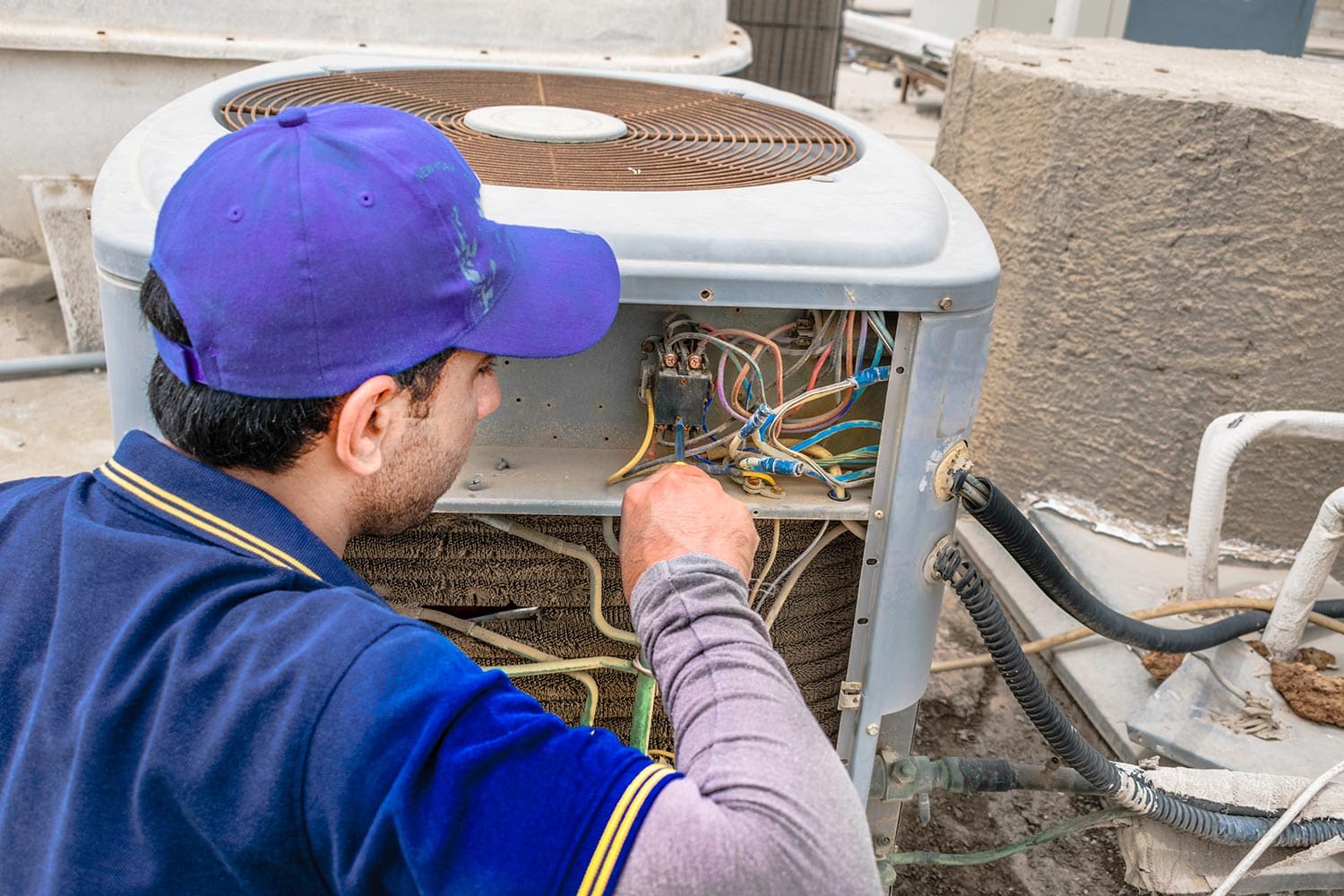
A lot of factors can affect the durability of air conditioners such as:
- environmental elements,
- rate of use,
- frequency of upkeep, etc.
And even though there is no definitive answer to how long your air conditioning system can last, you can still be able to estimate it using the aforementioned factors as references.
According to Carrier, a brand new, high-efficiency air conditioner can last you a good 15 to 20 years, given that proper care and maintenance were applied. The same theory also applies to American Standard products.
When it comes to aftersales service and repair, both brands seem to have a lot of mixed reviews from customers. One reviewer on Consumer Affairs gave a one-star rating for Carrier and wrote, "Carrier will use any minor detail to deny a warranty claim."
While another reviewer on Pissed Consumer also gave a one-star rating for American Standard and stated that their unit breaks down every year and that customer service won't take accountability.
This might just be due to customers that received satisfactory services, didn't even bother to write a review online. Nevertheless, make sure that your local dealer has a great reputation when it comes to customer service and a dependable maintenance policy before committing to a purchase.
Price & Warranty
Both brands can be relatively expensive when it comes to unit and installation costs. If you're on a tight budget, this is something you have to think about long and hard.
American Standard, however, can be a bit cheaper compared to Carrier. Total costs on Carrier products can reach $10,000 for their 5-ton air conditioning unit. Meanwhile, the total cost for a 5-ton American Standard air conditioning unit is about $7,000.
In terms of warranty, both brands offer a 10-year warranty that includes factory defects, limited parts, and labor.
What Size Of Air Conditioner Should I Get?
To get the maximum efficiency from your A/C unit, you have to make sure that the A/C unit size is compatible with the size of your home. Incorrect sizing can cause damage to critical components on the A/C unit and shorten its lifespan.
Here's a list of home sizes and the A/C unit size recommended:
- 600-1,000 sq. ft. home - 1.5 ton
- 1,000-1,300 sq. ft. home - 2 ton
- 1,300-1,600 sq. ft. home- 2.5 ton
- 1,600-1,900 sq. ft. home - 3 ton
- 1,900-2,200 sq. ft. home - 3.5 ton
- 2,200-2,600 sq. ft. home - 4 ton
- 2,600-3,200 sq. ft. home - 5 ton
In Closing
Both brands have a lot to offer when it comes to air conditioning systems. Choosing the one unit that will fit your home all comes down to your specific preferences. Make sure to not rush into buying one. Do your research first and check the features that will most likely, suit your needs.
Remember, buying an air conditioning unit is a long-term investment.
If you liked this article, you might want to check out other informative posts from our blog:
Static Cooling Vs Ventilated Cooling – Which To Choose?
Denim Insulation Vs. Mineral Wool (Rockwool) – Which To Choose?
